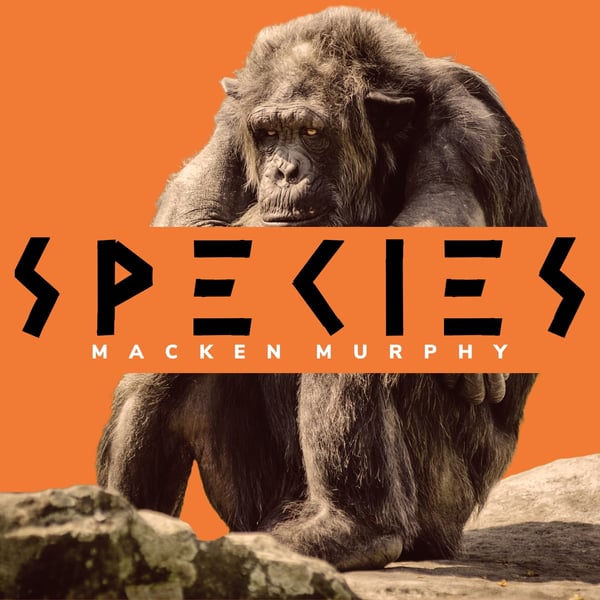MacGregor's Bowerbird
Species
Macken Murphy
4.8 • 606 Ratings
🗓️ 10 November 2019
⏱️ 25 minutes
🧾️ Download transcript
Summary
Transcript
Click on a timestamp to play from that location
| 0:00.0 | Why do humans make art? Why do some people sit in front of canvases and paint landscapes or portraits or abstract shapes and figures that resemble nothing found in nature? |
| 0:12.8 | Why do novelists spend hours a day, sometimes for years, putting words on a page about events that didn't happen, involving people |
| 0:23.9 | who never existed. Why do people go up on stage and loudly say words with a weird pitch and |
| 0:31.9 | rhythm? Why do people like me sit in front of microphones speaking to individuals who aren't in the room |
| 0:38.7 | about topics that are of basically no import to our daily lives? |
| 0:44.3 | Now, we could talk about proximate causes here. |
| 0:48.3 | We could say, oh, they paint landscapes because landscapes are beautiful. |
| 0:52.2 | Or they wrote that because it's a good story. |
| 0:55.1 | Or he's talking into the microphone because he likes animals and wants to tell other people, right? |
| 0:59.8 | But I've never found proximate causes particularly interesting. |
| 1:03.7 | I'm more interested in ultimate causes. |
| 1:07.5 | Not why you did that, but why did your lineage evolve into the sort of creature that would like doing that? |
| 1:17.7 | When I say ultimate causes, I mean evolutionary ones. |
| 1:22.4 | Why did we evolve into an animal that makes art? |
| 1:31.5 | Now, what's fascinating about evolutionary motivators is that you don't have to be cognizant of them for them to be compelling. If you're a parent, you |
| 1:36.6 | helplessly love your children more than you love the children of a total stranger. Without Darwin, |
| 1:42.3 | this sort of behavior seems completely irrational, but in light of |
| 1:46.5 | evolution, there's no mystery at all. Parents who love their children will have a greater chance of |
| 1:52.8 | their genes surviving into another generation, and so over time, the type of parents who don't |
| 1:58.1 | love their children go extinct. But in the moment, you aren't thinking that. |
| 2:03.4 | You don't pick up your baby and consciously think, |
| 2:07.0 | Ah, yes, my genetics are surviving quite well. |
... |
Please login to see the full transcript.
Disclaimer: The podcast and artwork embedded on this page are from Macken Murphy, and are the property of its owner and not affiliated with or endorsed by Tapesearch.
Generated transcripts are the property of Macken Murphy and are distributed freely under the Fair Use doctrine. Transcripts generated by Tapesearch are not guaranteed to be accurate.
Copyright © Tapesearch 2025.

